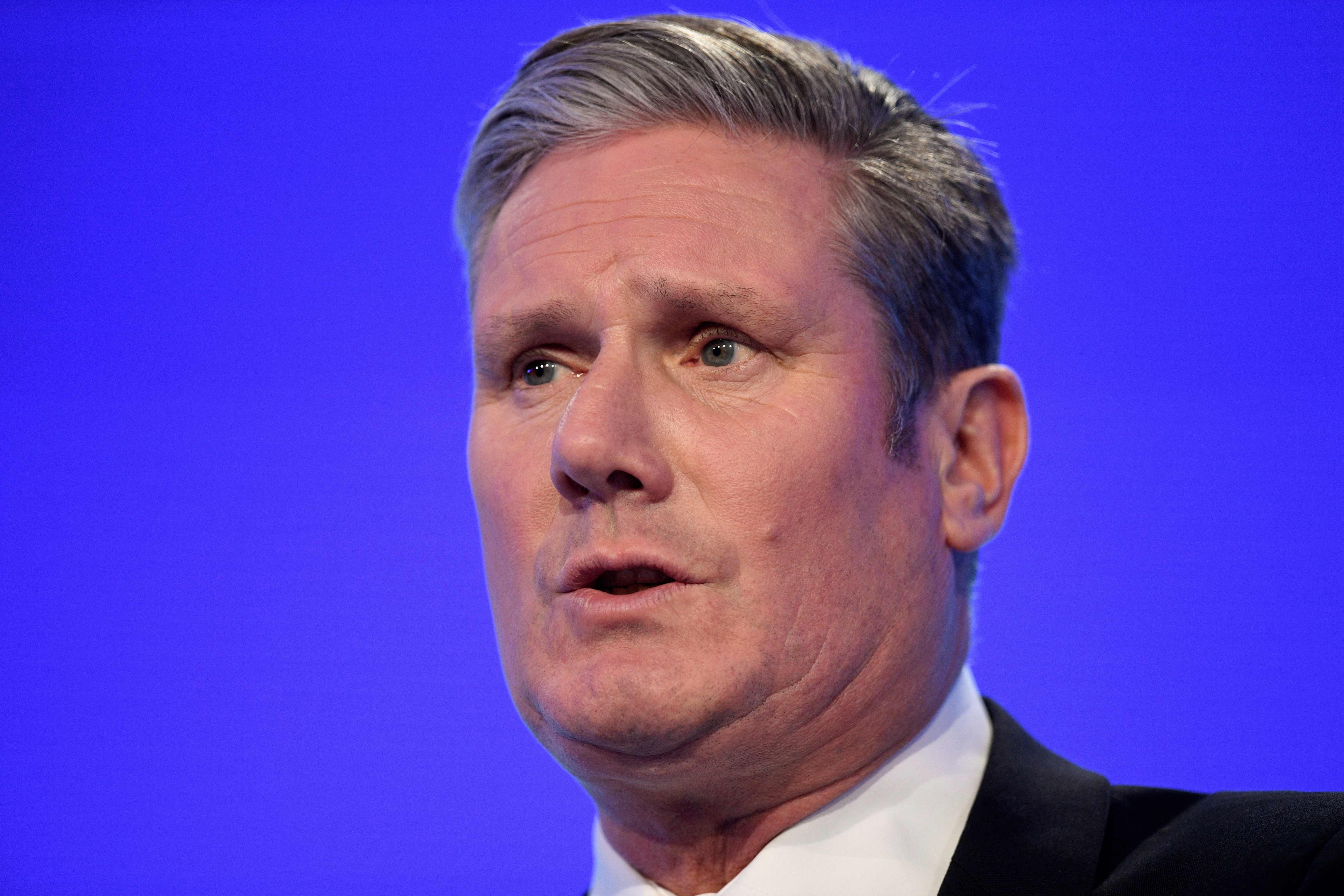If the latest migration statistics prove anything, it is that Britain needs workers and students from abroad to staff its public services. Despite the moral panic about the small boat crossings, the vast majority of migrants who come to the UK to work or study arrive through perfectly official channels, armed with visas, and through the much-vaunted “Australian-style points-based system”.
None were smuggled, and they did not come to the UK to exploit its meagre social security system. Like anyone who happens to be born in the UK, they merely wish to better themselves and their families, pay their taxes and get on. Indeed, that is also true of the many who risk their lives to seek asylum, who amount to only around 10 per cent of those who arrive through legal routes.
The numbers for the last 12 months are unusually high, and a record. Yet there are special factors, and it’s hard to argue against why these were allowed to inflate the statistics. There was always going to be a bounce back in arrivals after the Covid pandemic subsided, balancing lower figures in 2020 and much of early 2021.
Then there are the special schemes for resettling people from Hong Kong, Afghanistan and Ukraine, with 200,000 Ukrainians enjoying a mostly warm welcome, some as guests in family homes. As these schemes wind down, and the war in Ukraine eventually ends, net migration should also trend lower.
There were also some administrative and rule changes, such as a new two-year postgraduate visa, that will swell the numbers, but in return for some keen and bright young workers to help fuel the economy through the coming recession.
So, there is little of concern and much to be encouraged about. The arguments in favour of migration – skilled and unskilled – are as powerful as they ever were. Many of the world’s great nations, such as Australia and America were built on migration, proof were it needed that migration is not a drag on any economy, but a source of strength and growth.
UK companies need migrant labour in a myriad of ways in order to prosper, from seasonal labour on farms, to highly skilled surgeons mending lives in the NHS. Keir Starmer, disappointingly, has renounced this in his recent speech, telling the CBI, which is begging for more recruits, that: “The days when low pay and cheap labour are part of the British way of growth must end.”
But migrants do not depress wages on an economy-wide basis, and in the longer term help drive growth and tax revenues and thus fund public services – as well as overall living standards. Indeed, many from abroad were essential to the running of the hospitality sector, the NHS and the care system. Losing them means higher costs for business, and the NHS has more unfilled vacancies and longer waiting lists.
Would that it were possible for the British to generate enough school and college leavers to satisfy the demand from employers, but such are the nation’s demographics that this is impossible. For exactly the same reason, Mr Starmer’s dream, shared by the likes of Nigel Farage, that the British workforce contains enough people to be retrained to fill these posts, is unrealistic.
To keep up to speed with all the latest opinions and comment, sign up to our free weekly Voices Dispatches newsletter by clicking here
That would be true if we assumed that the current British workforce is entirely fungible, but not everyone can do every job. It is also the case that some types of work, such as social care, cannot be performed by machines or artificial intelligence.
Nor is the pool of the “economically inactive” a promising source of fresh labour, as is sometimes argued. The economic jargon is unfortunate – they are not idlers, but people who have been lucky enough to retired early, or unlucky enough to be suffering from chronic illness, something exacerbated by long Covid. Others are students, or awaiting treatment on the NHS, or carers.
Even at a time of record job vacancies, many are still unable or unwilling to return to the labour market, and it is not because the UK’s benefits system is wildly extravagant. It is simply another of the myths surrounding migration.
It may be unpopular in some quarters, but it seems that migration is set to remain at the average level of around 250,000 indefinitely. Successive governments have tried and failed to restrict migration, and much of the reason why – as the nation has discovered post-Brexit – is because the demand for labour is simply too high. It is a sign and cause of economic success, not failure, and Britain has everything to gain from it.







Join our commenting forum
Join thought-provoking conversations, follow other Independent readers and see their replies
Comments